59 Best Dietary Health Foods That Help Dry Eyes
Ever felt like your retina has been exposed to the sun, similar to staring at the Sahara desert for too long, and your eyes decided to join in on the tear evaporation, feeling the dryness effects?
It’s not just about the almonds and nuts you didn’t do for their nutrition or that forgotten eye drop treatment crucial for retina health. It’s your peepers who are screaming for some eye nutrition!
They’re ready for eye care; perhaps some comforting eye drops to enhance their overall eye comfort.
Mother Nature has a nutrition-focused grocery list to beat dry eye syndrome, including vitamin-rich foods and supplements promoting tear production. A deficiency in nutrients or vitamins here, or an excess of supplements there, can impact overall eye health significantly.
59 best dietary health foods that help dry eyes
1. Salmon ✅
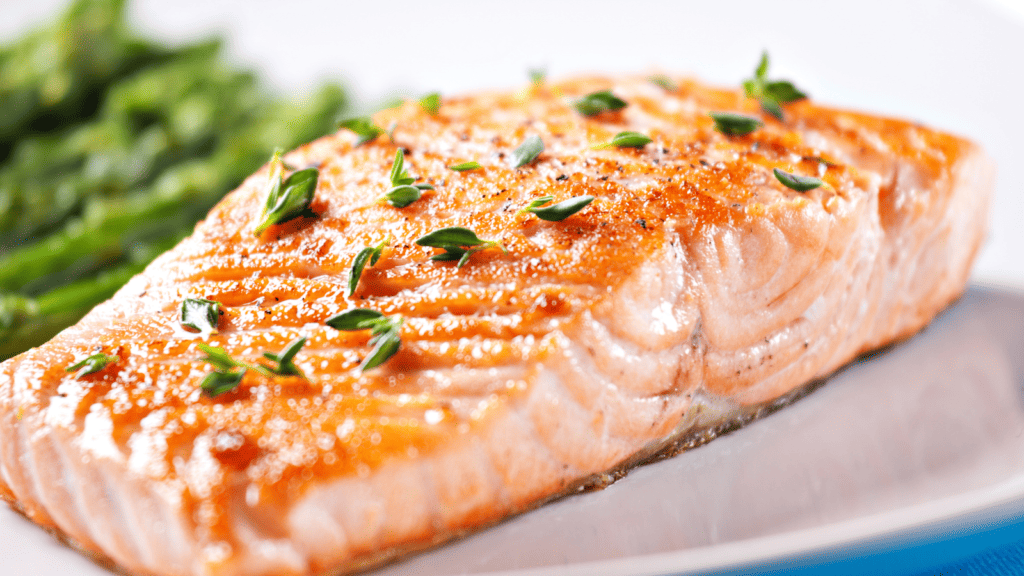
2. Mackerel ✅
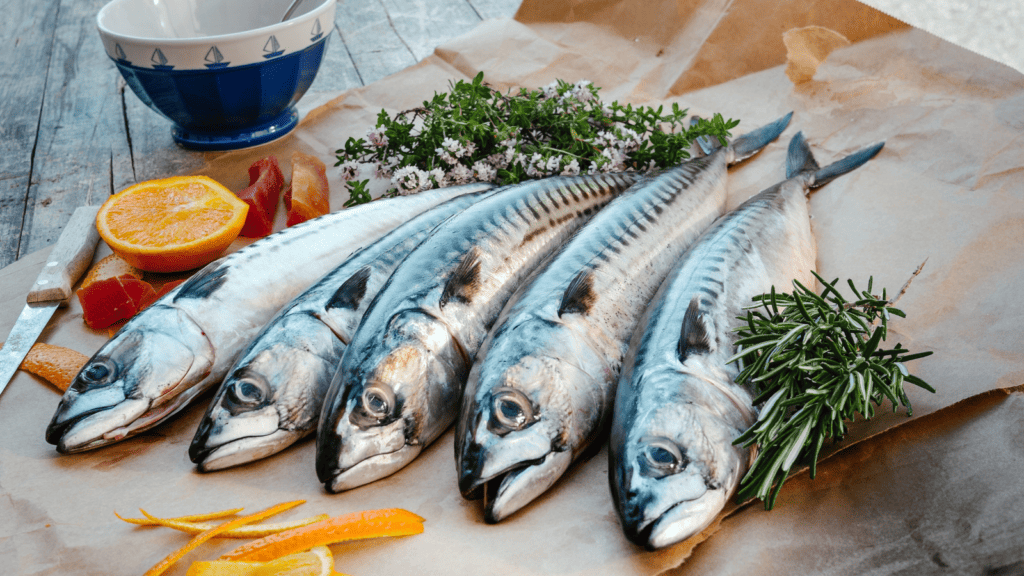
3. Sardines ✅
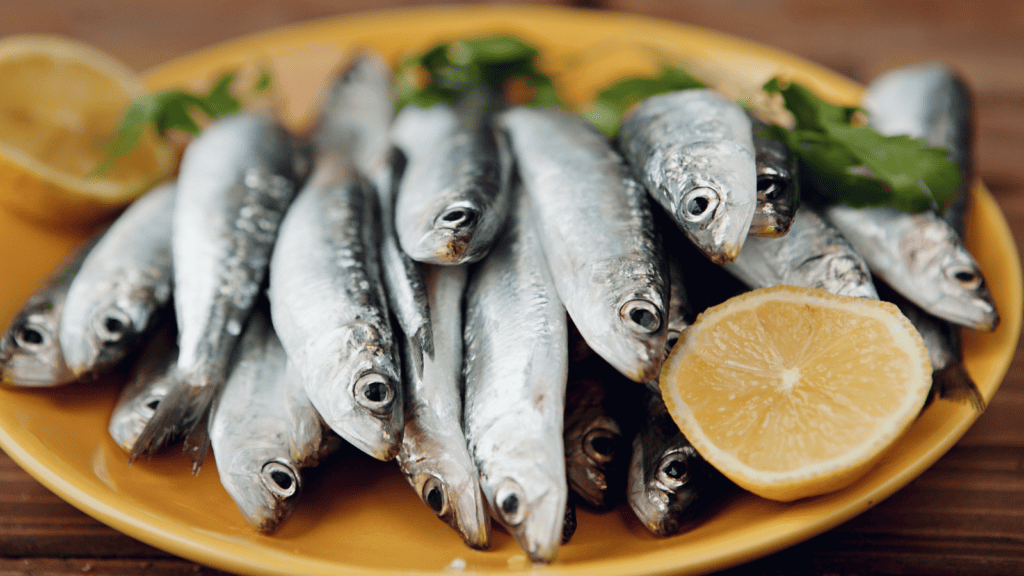
4. Tuna ✅
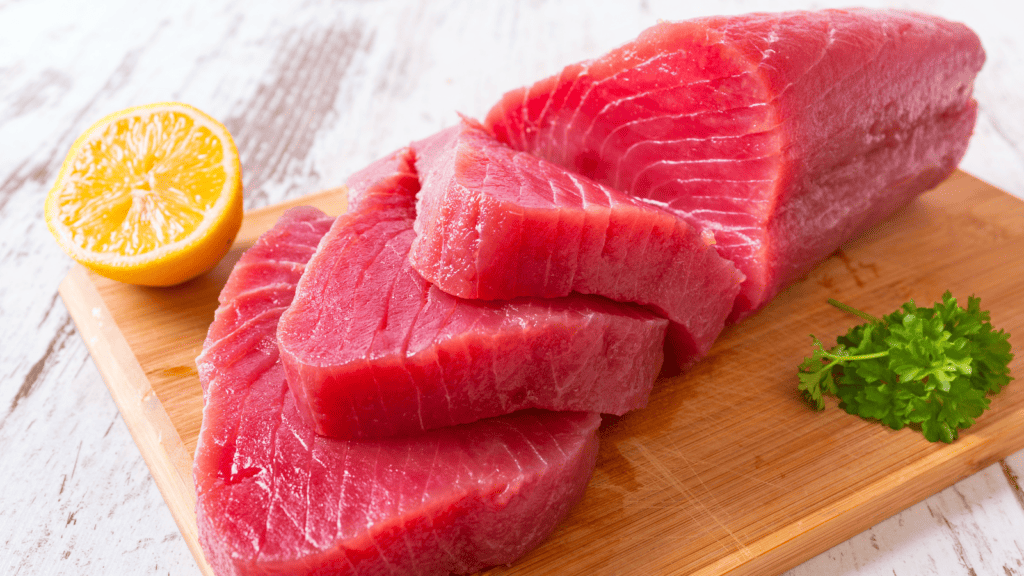
5. Anchovies ✅
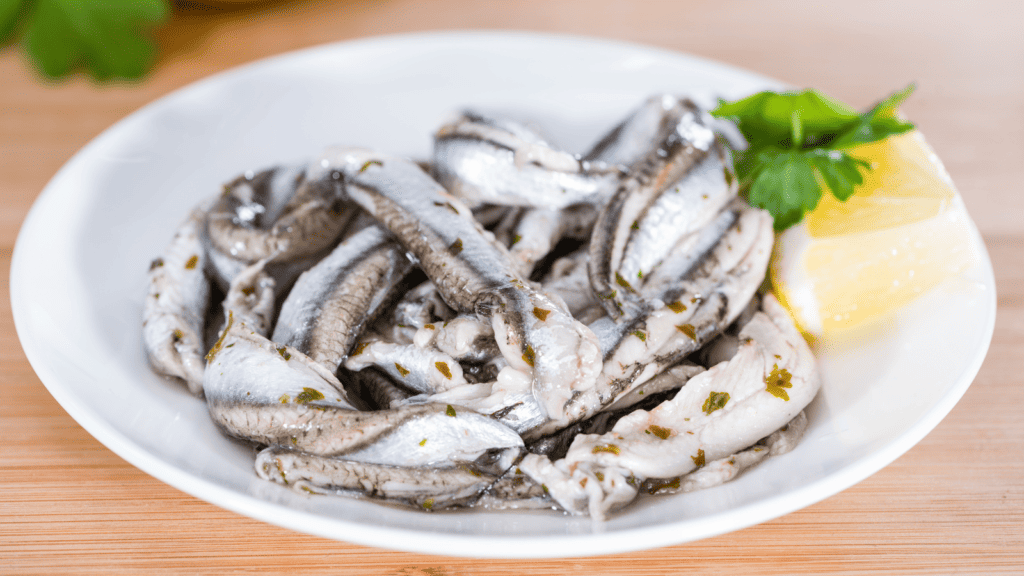
6. Chia seeds ✅
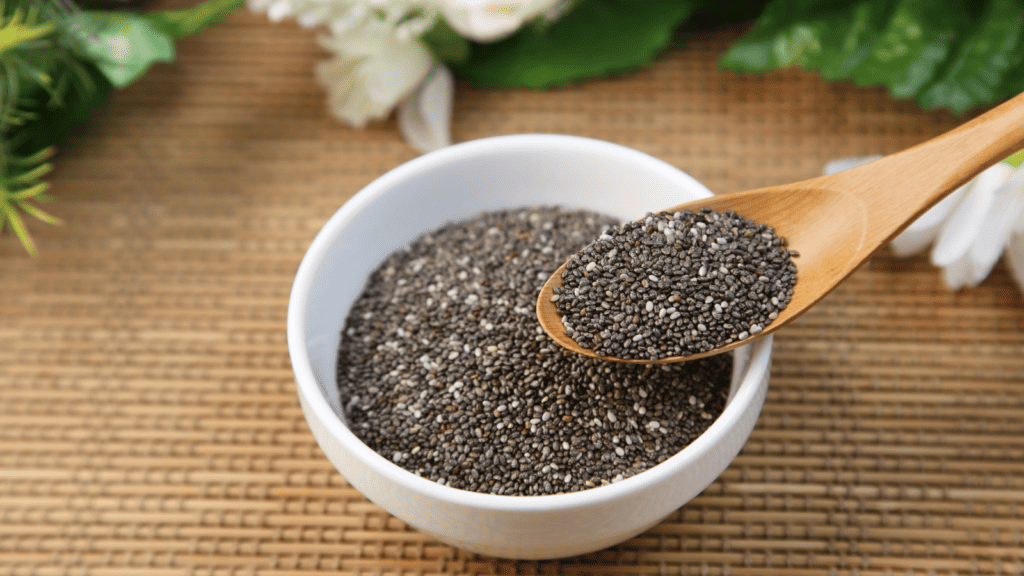
7. Flaxseeds ✅
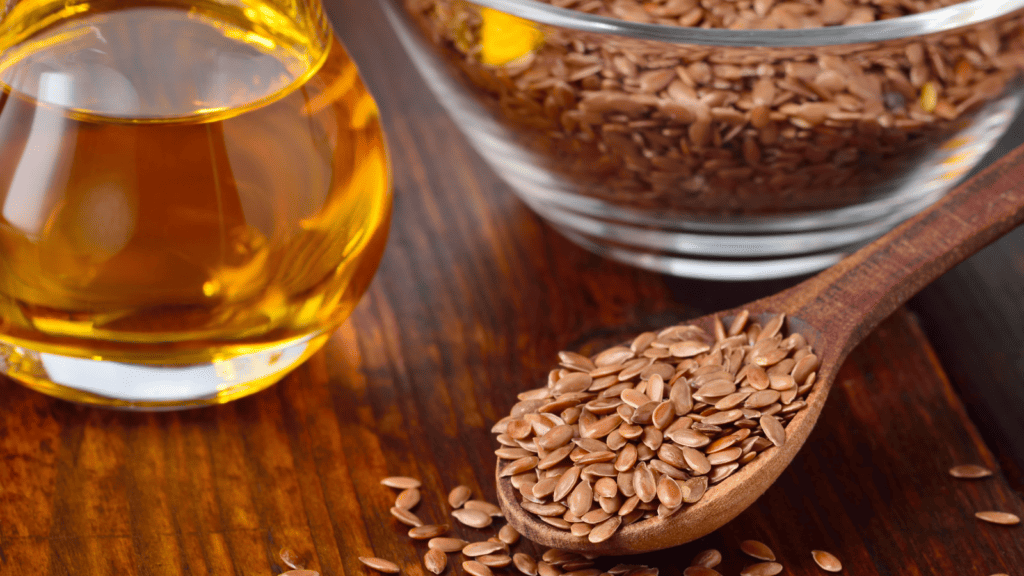
8. Walnuts ✅
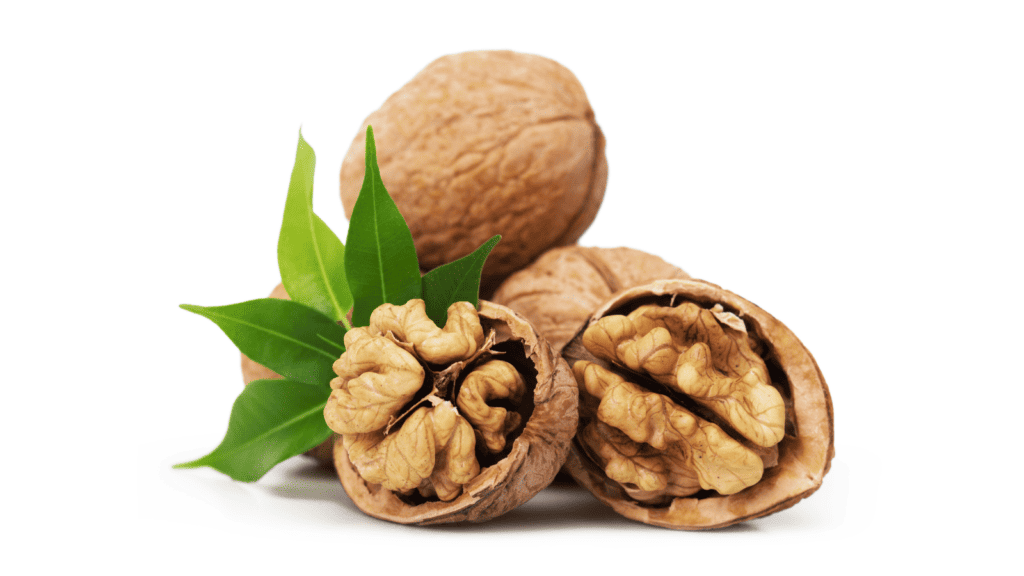
9. Almonds ✅
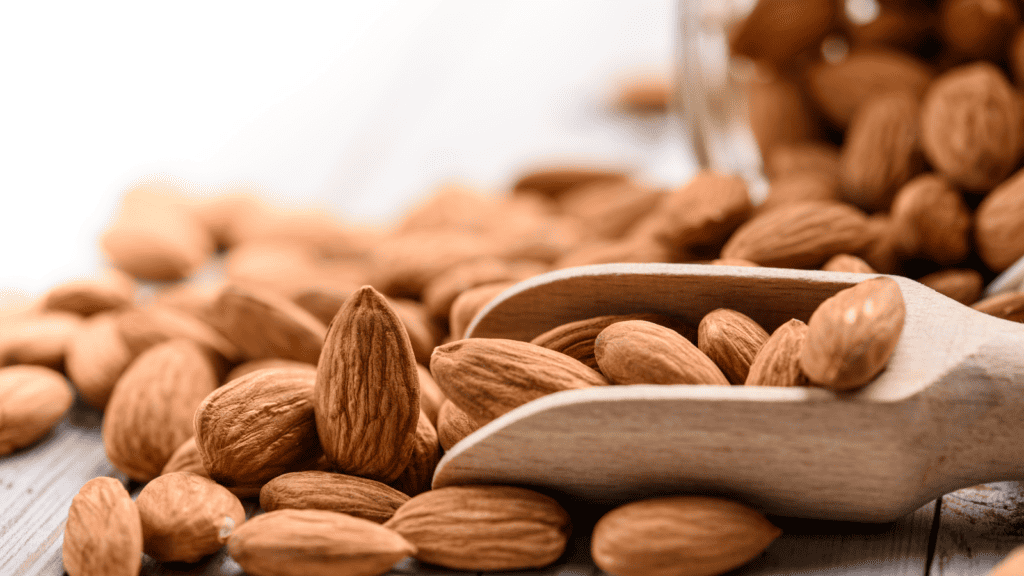
10. Hemp seeds ✅
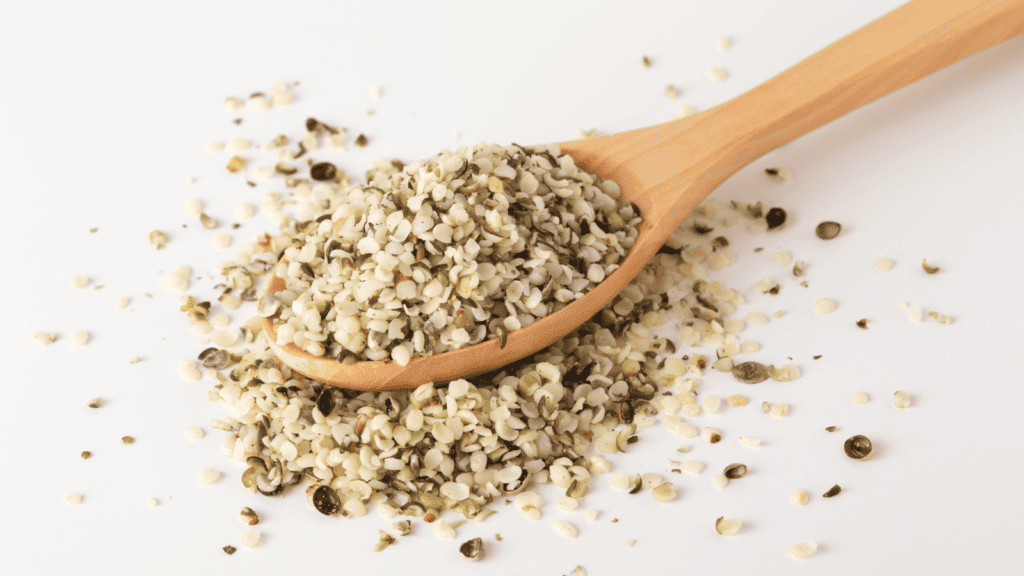
11. Spinach ✅
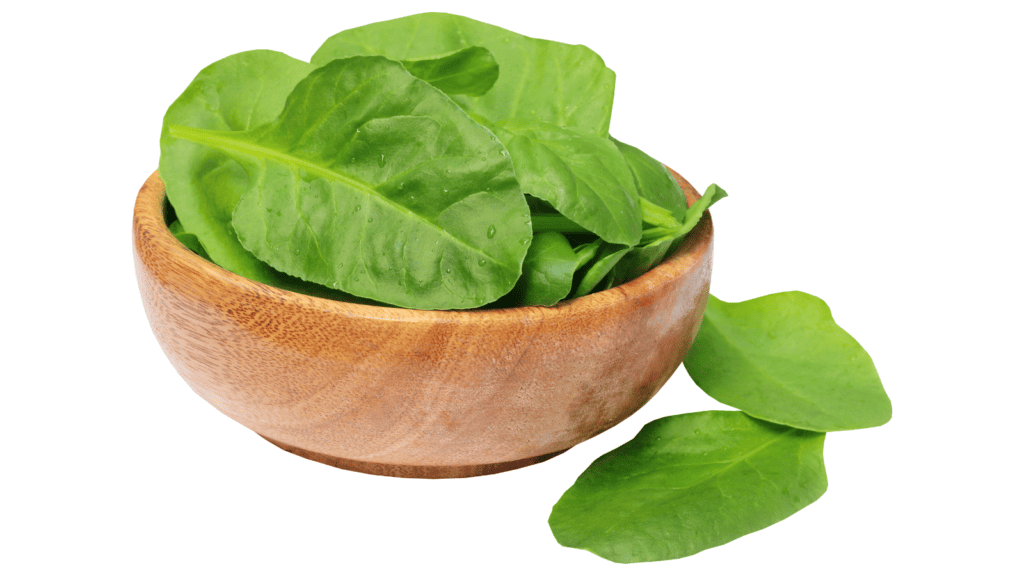
12. Kale ✅
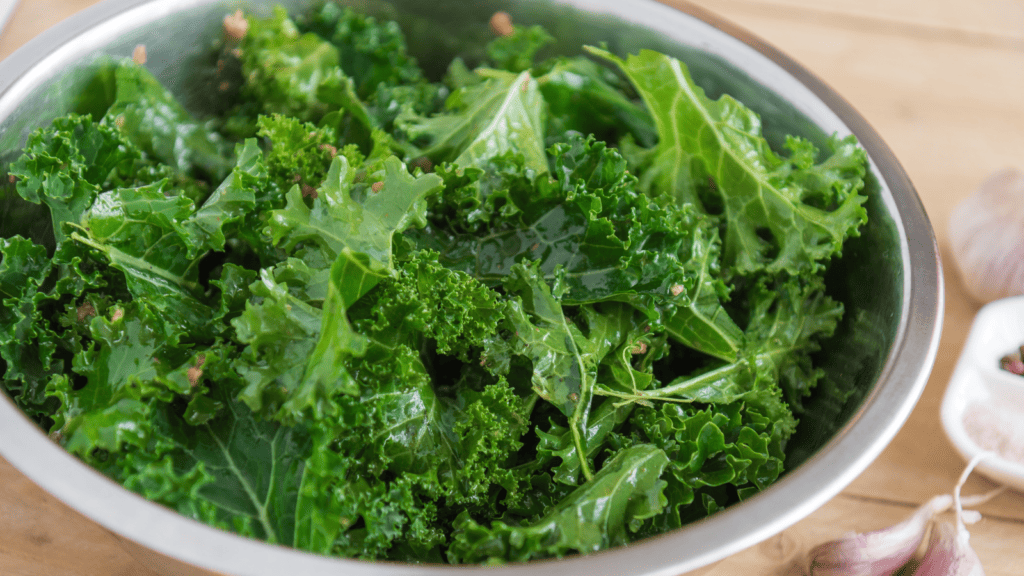
13. Collard Greens ✅

14. Swiss Chard ✅

15. Carrots ✅
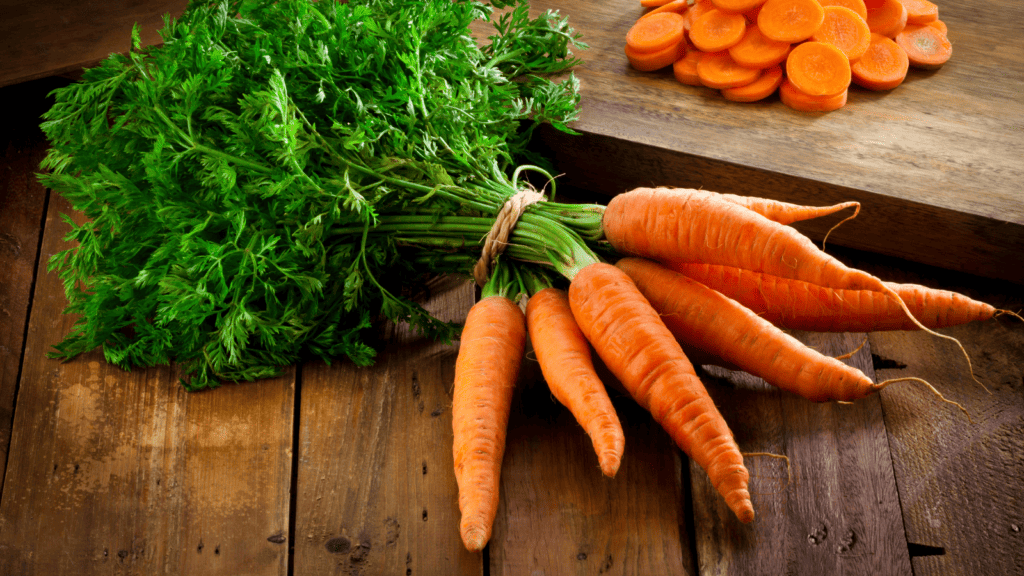
16. Sweet Potatoes ✅
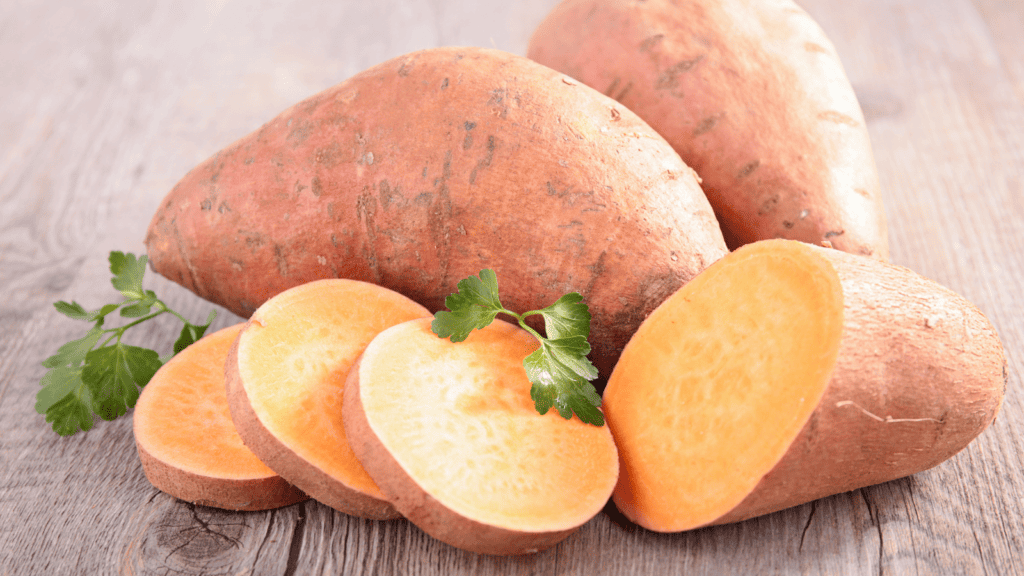
17. Red Peppers ✅

18. Broccoli ✅

19. Brussels Sprouts ✅
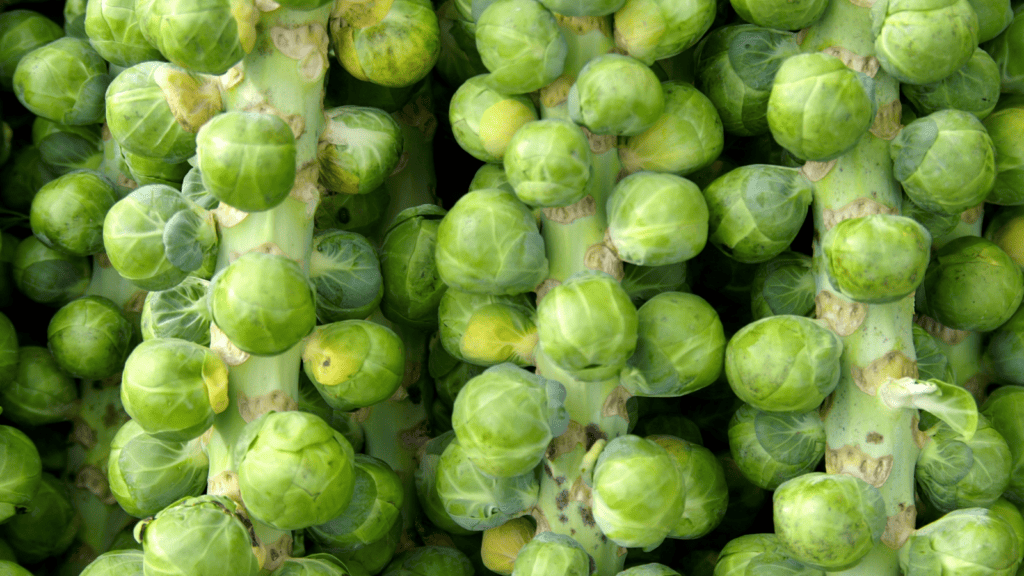
20. Oranges ✅
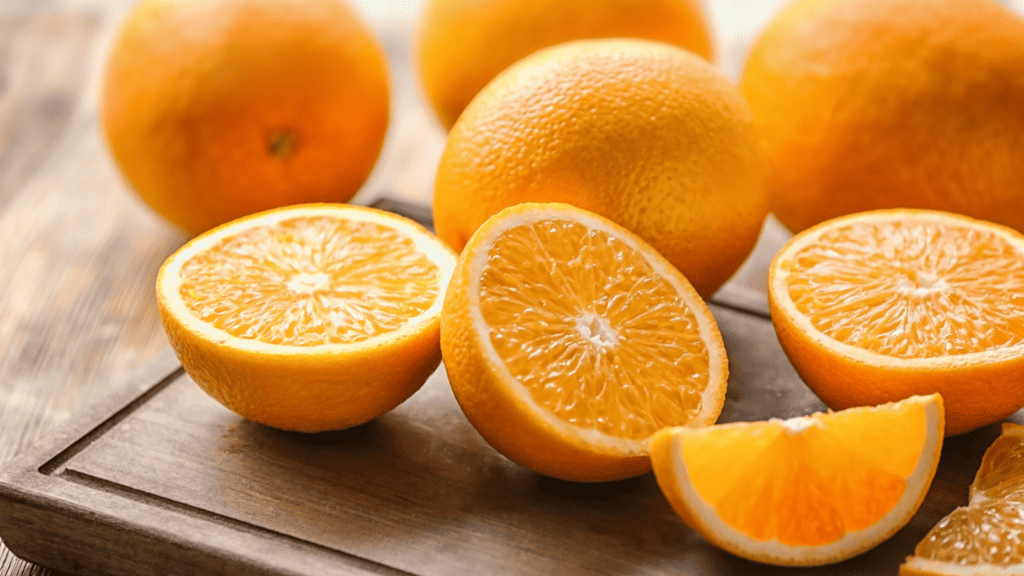
21. Strawberries ✅

22. Kiwi ✅
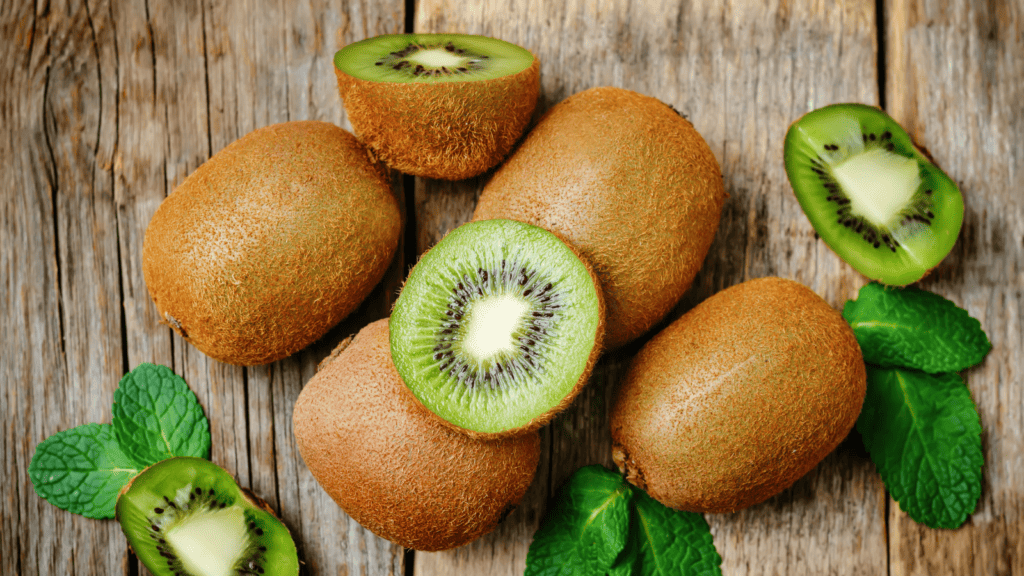
23. Papaya ✅
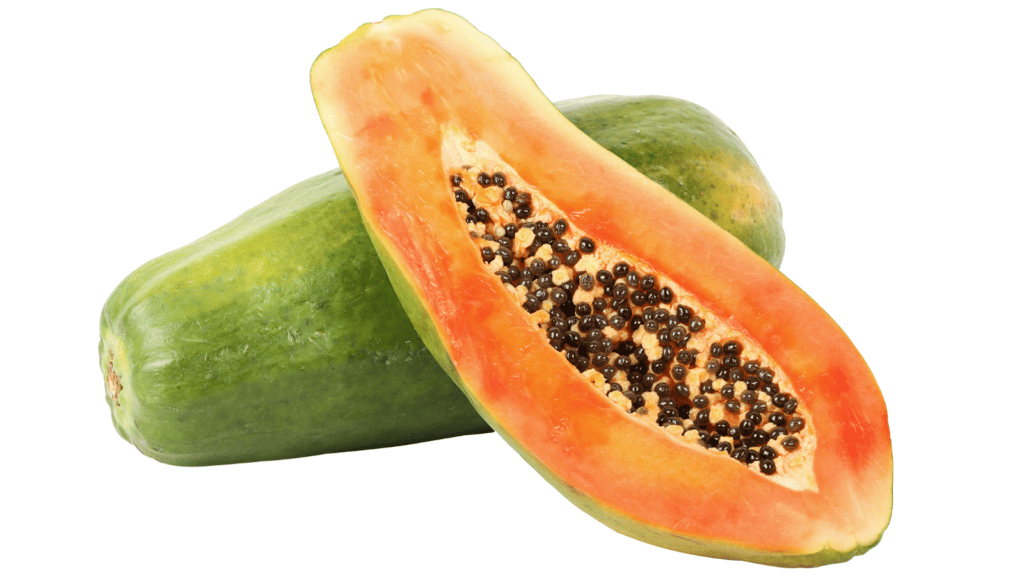
24. Mango ✅
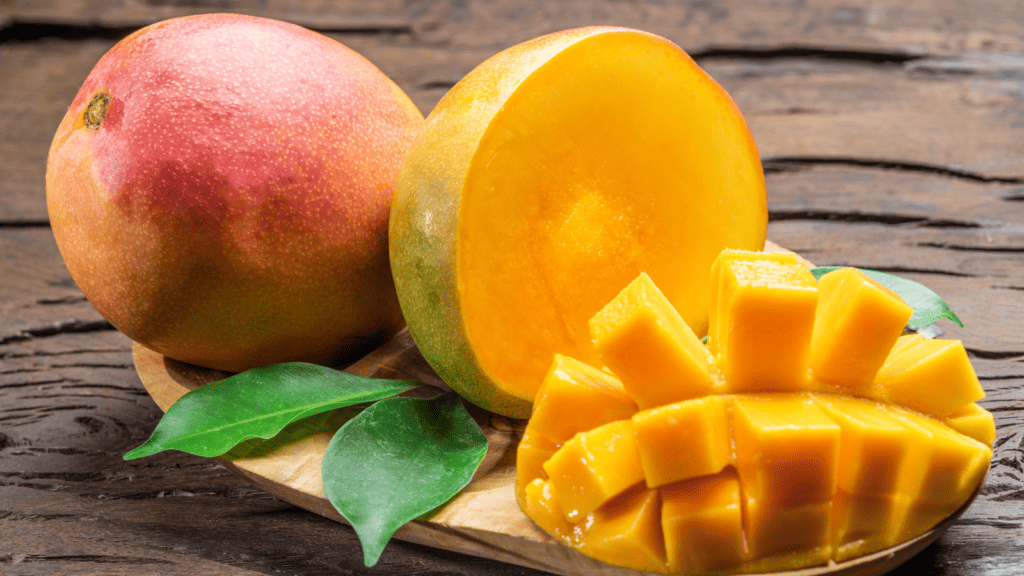
25. Lentils ✅

26. Chickpeas ✅
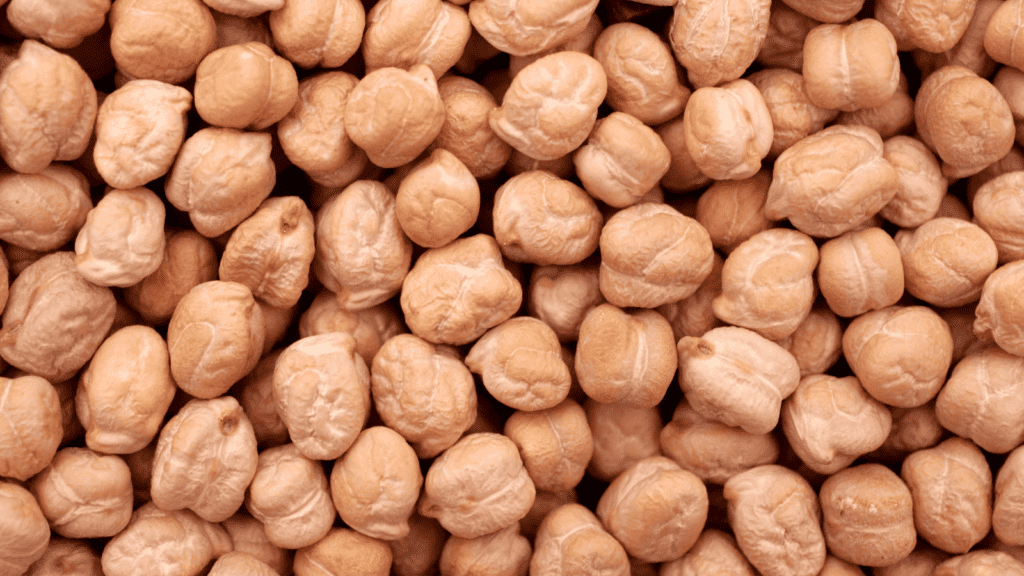
27. Black-eyed peas ✅
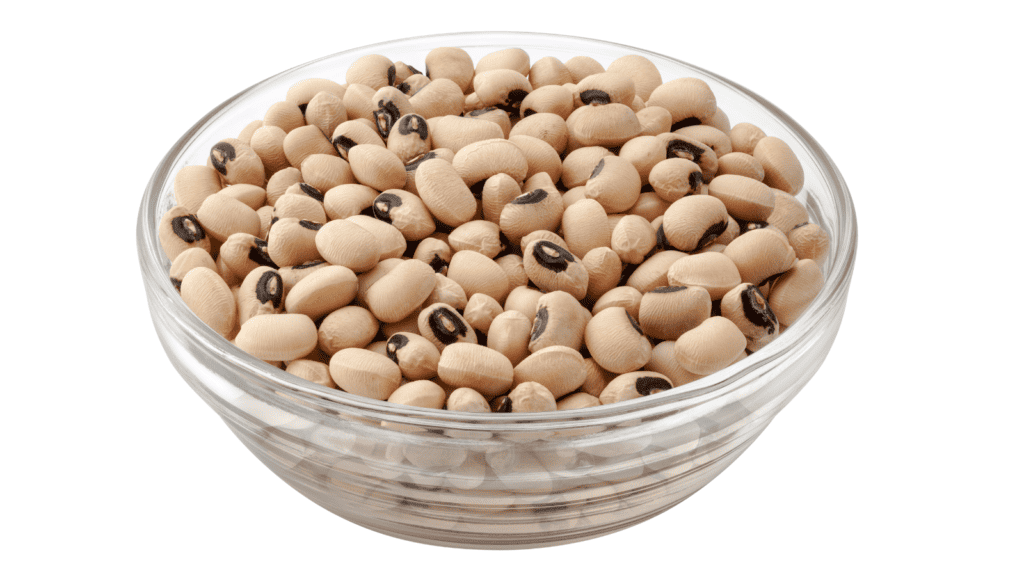
28. Kidney beans ✅
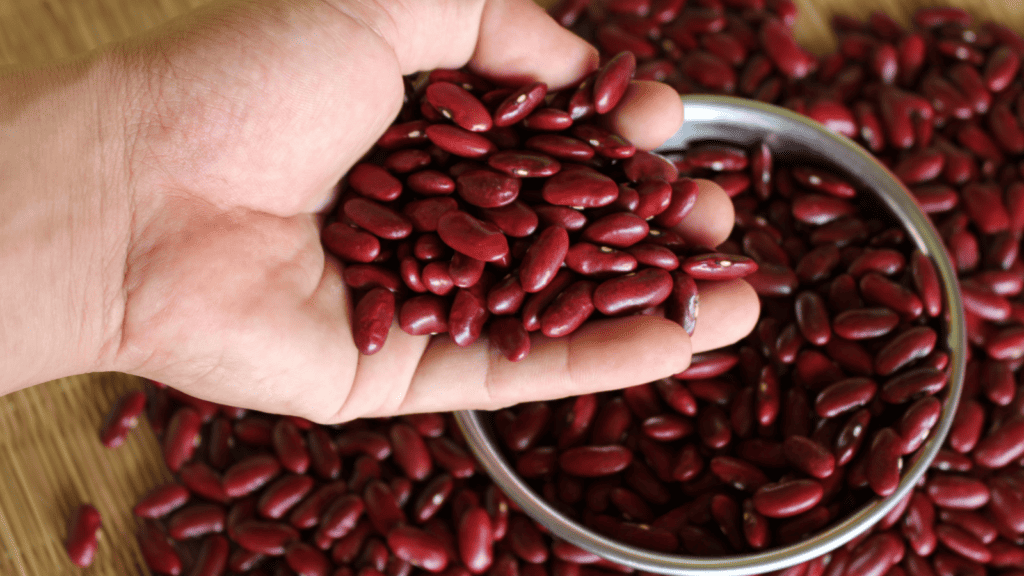
29. Eggs (especially those fortified with omega-3s) ✅

30. Brown Rice ✅

31. Oats ✅
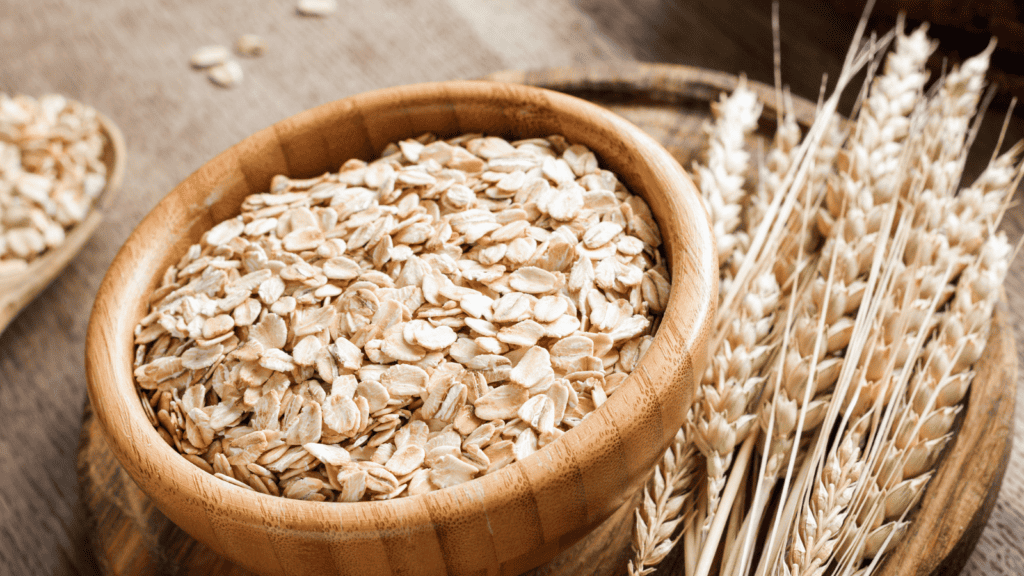
32. Quinoa ✅
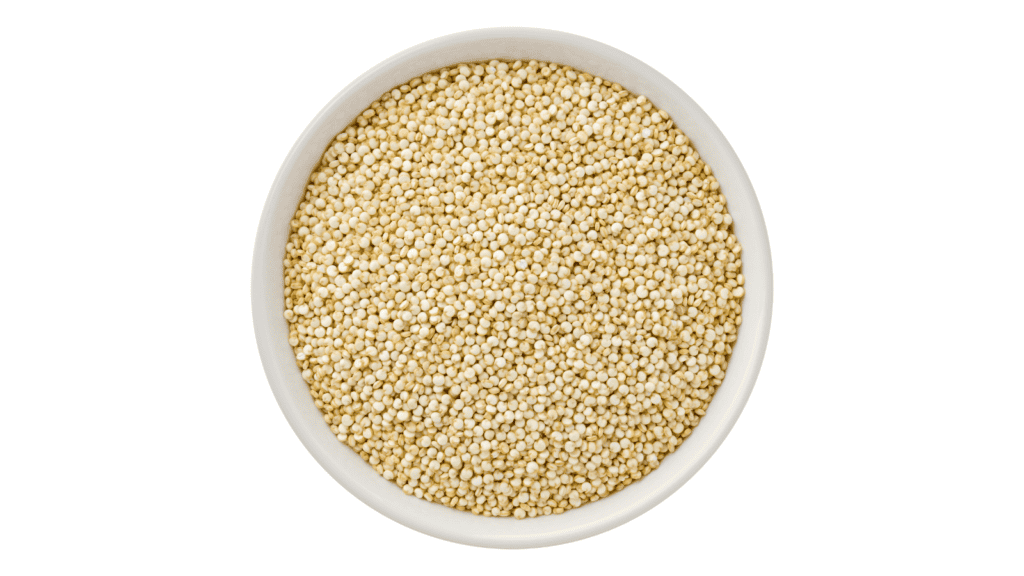
33. Barley ✅
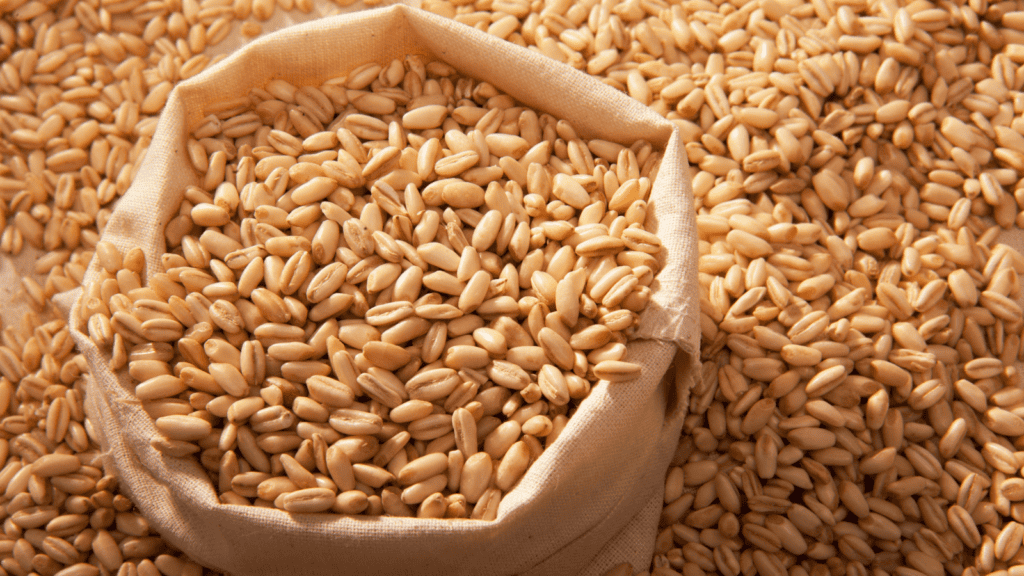
34. Cucumber ✅
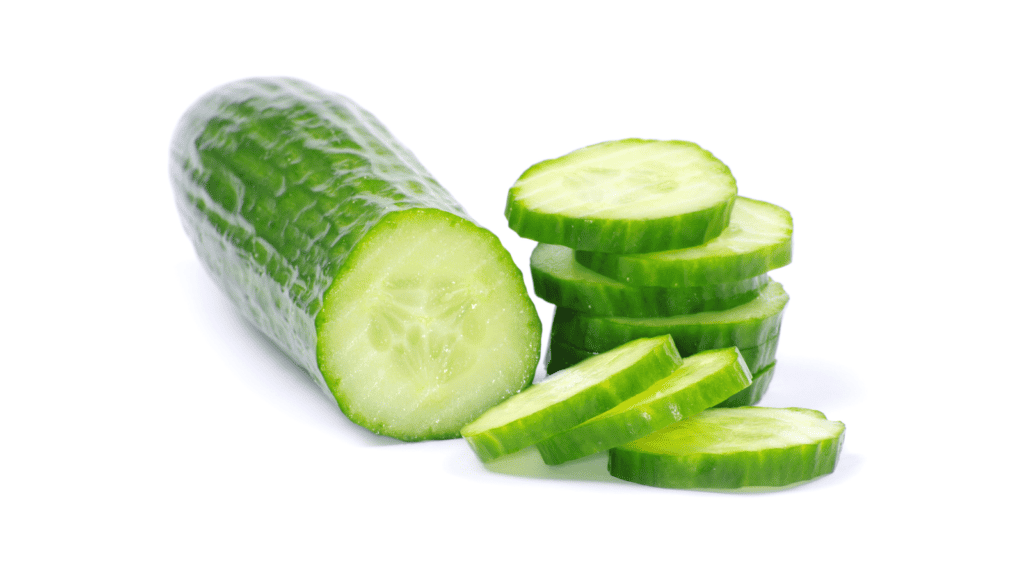
35. Celery ✅
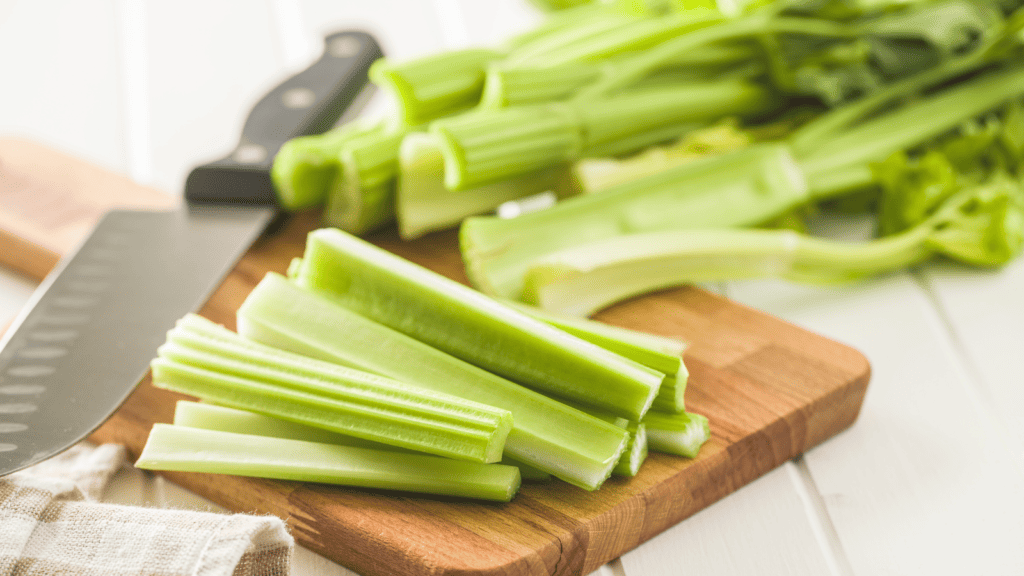
36. Watermelon ✅
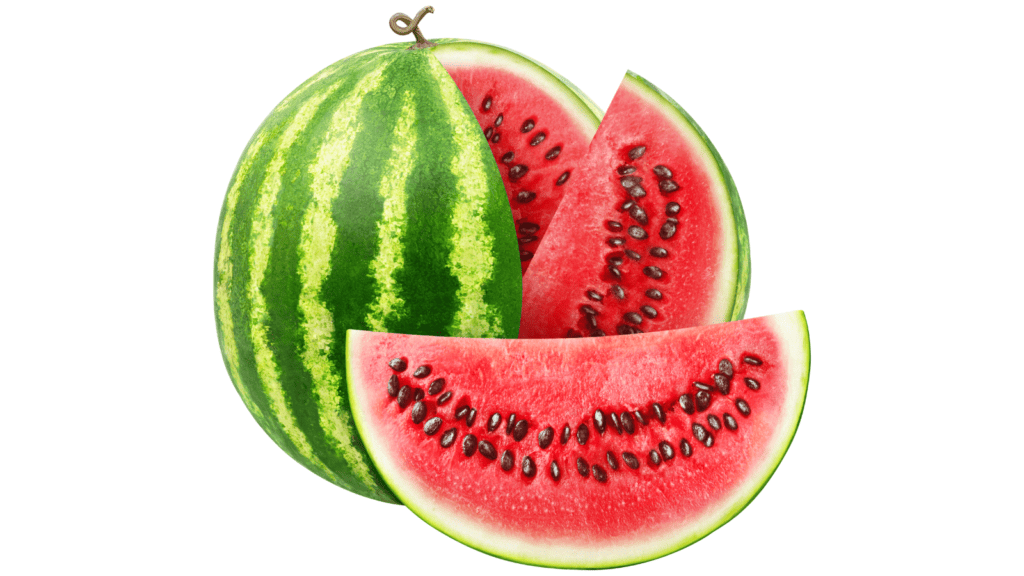
37. Cantaloupe ✅
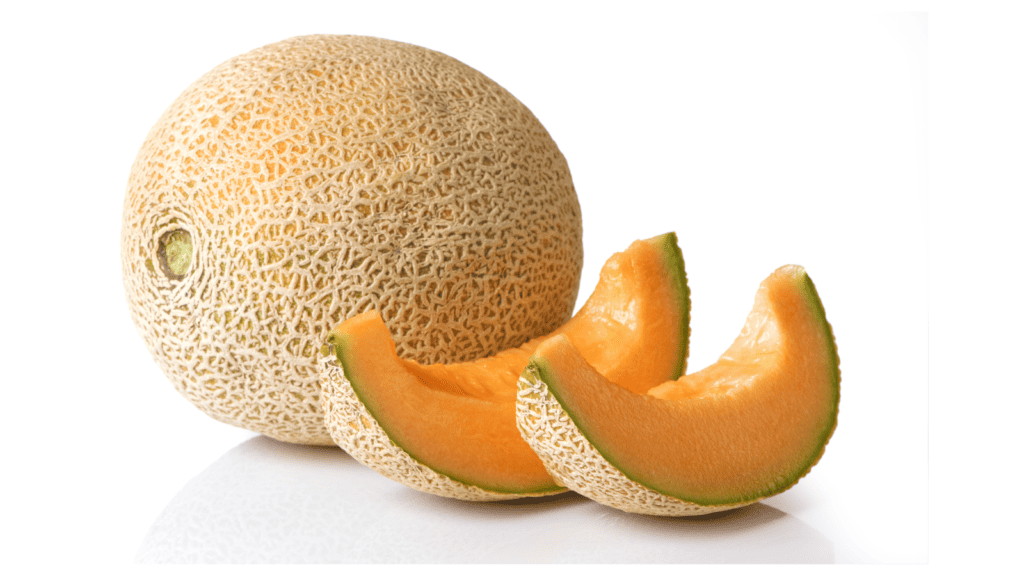
38. Extra Virgin Olive Oil ✅
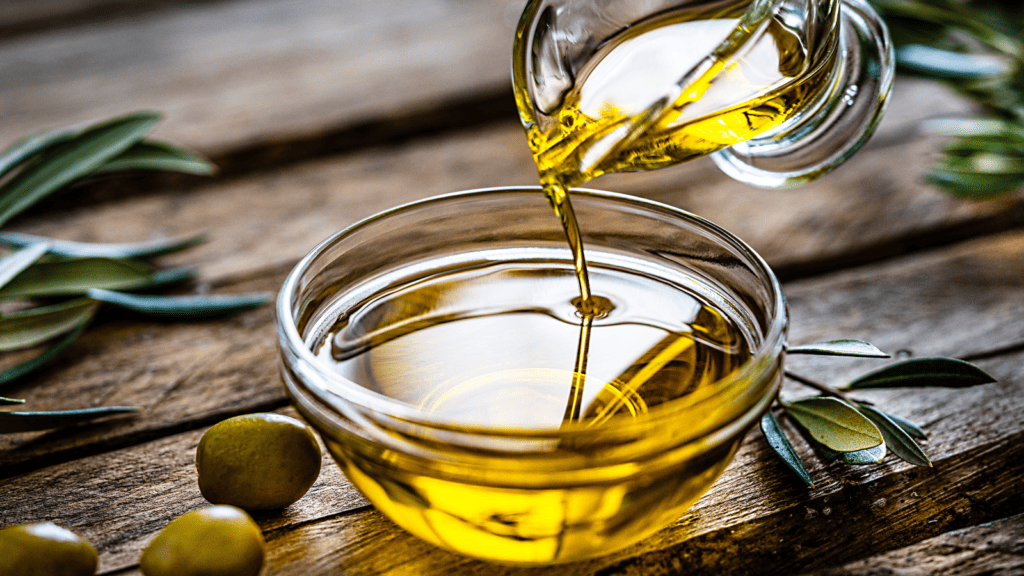
39. Flaxseed Oil ✅

40. Evening Primrose Oil ✅
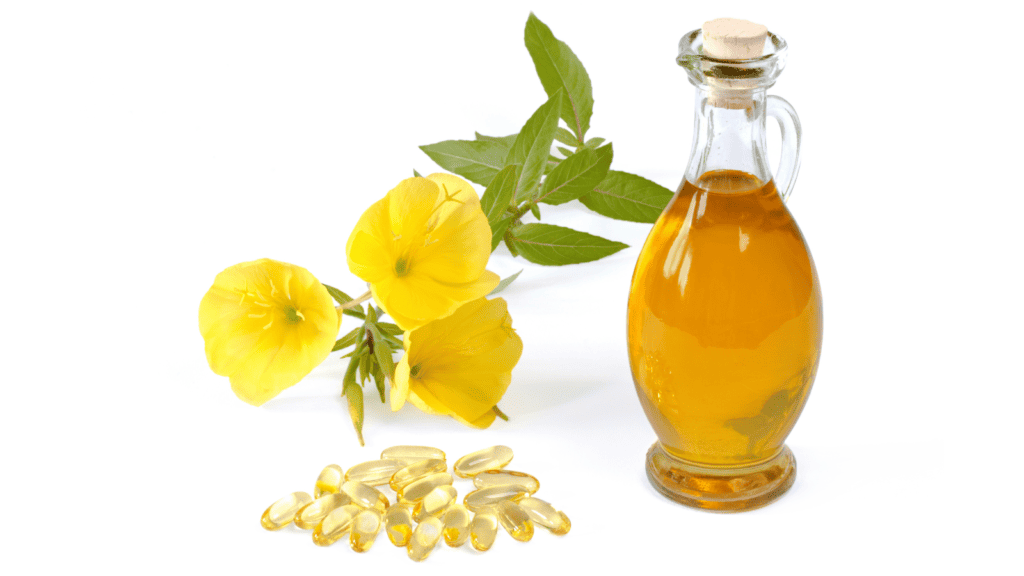
41. Turkey ✅

42. Chicken ✅
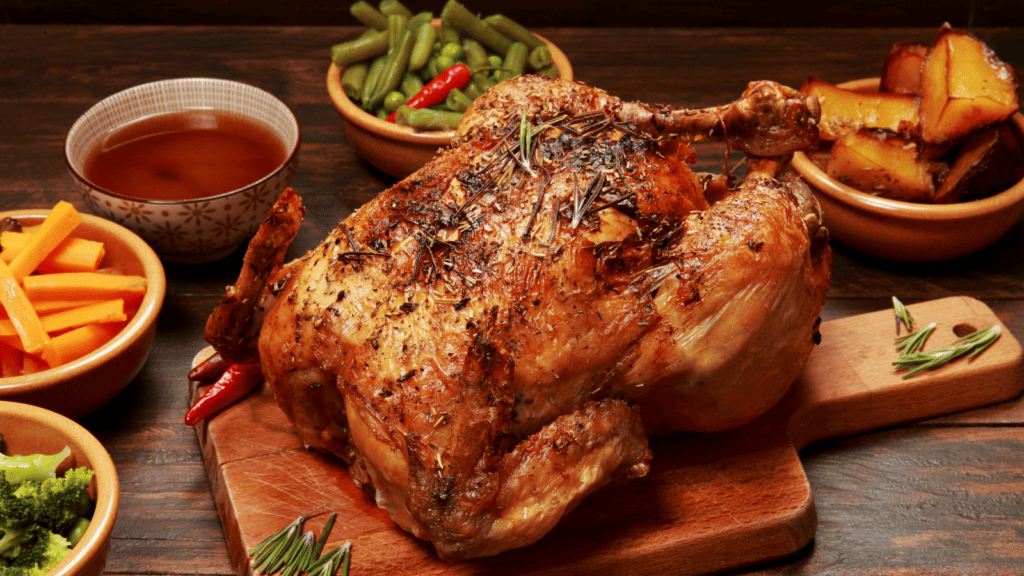
43. Grass-fed Beef ✅
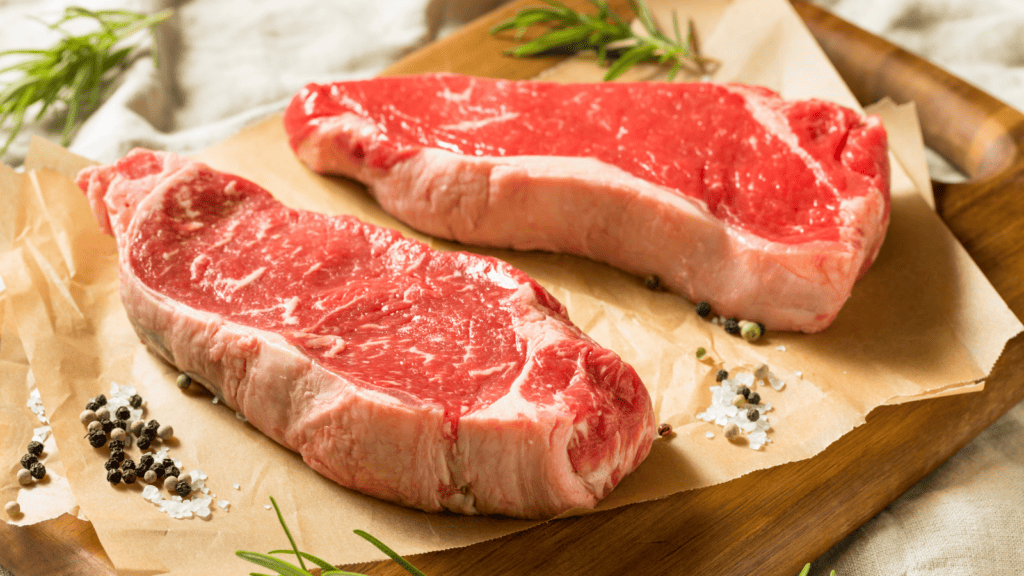
44. Greek Yogurt ✅
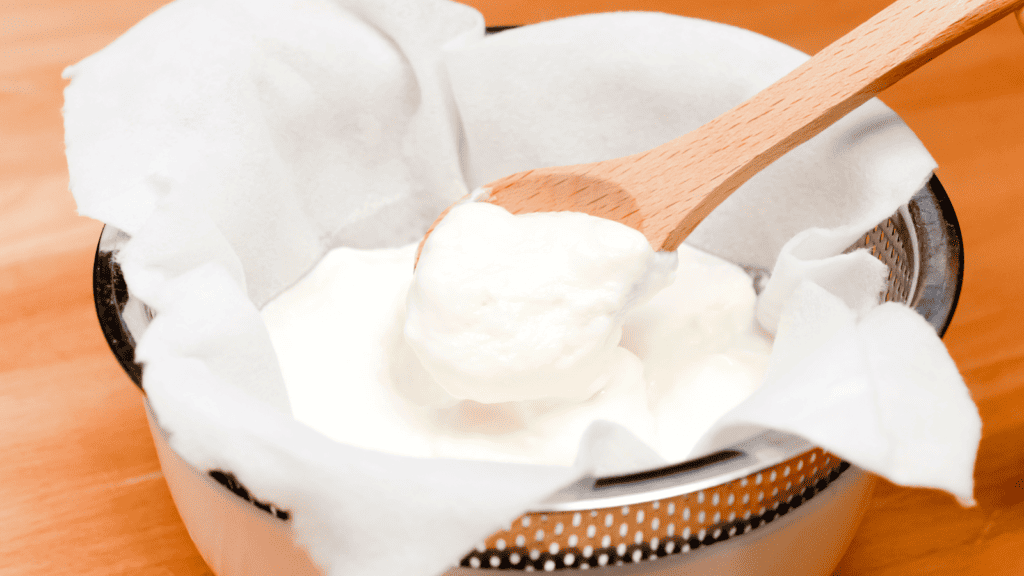
45. Cottage Cheese ✅
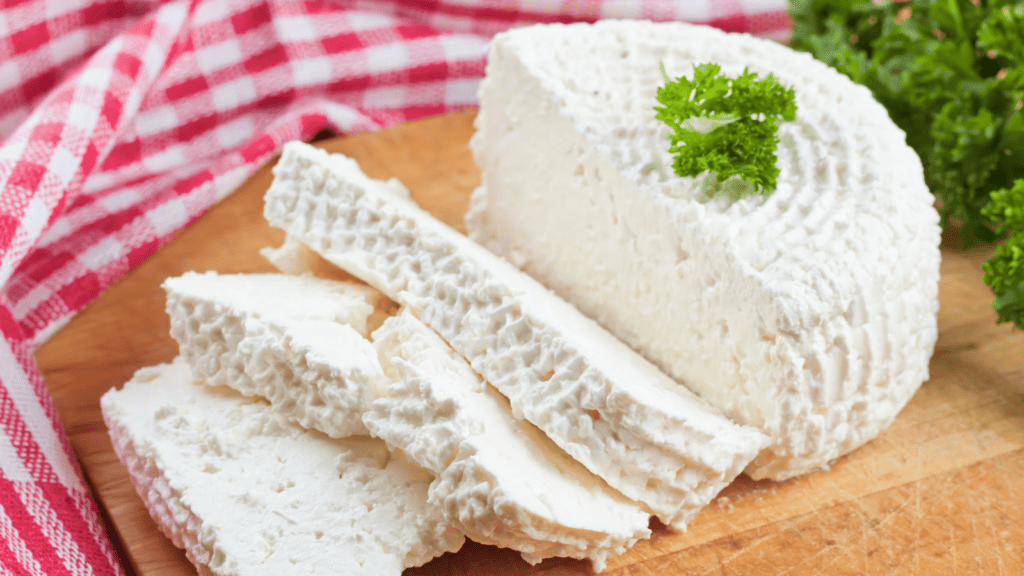
46. Almond Milk ✅

47. Soy Milk ✅
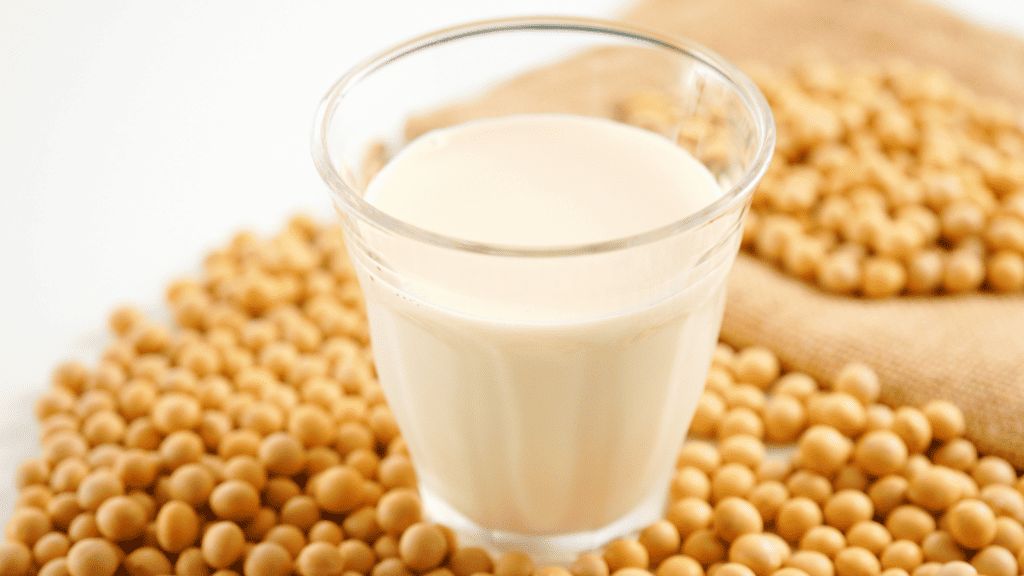
48. Oat Milk ✅
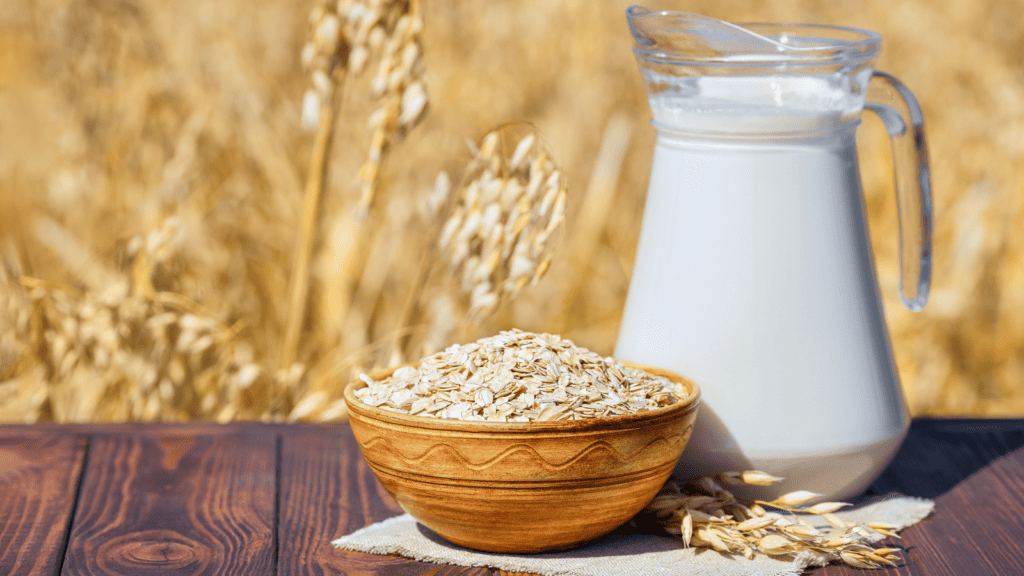
49. Turmeric ✅
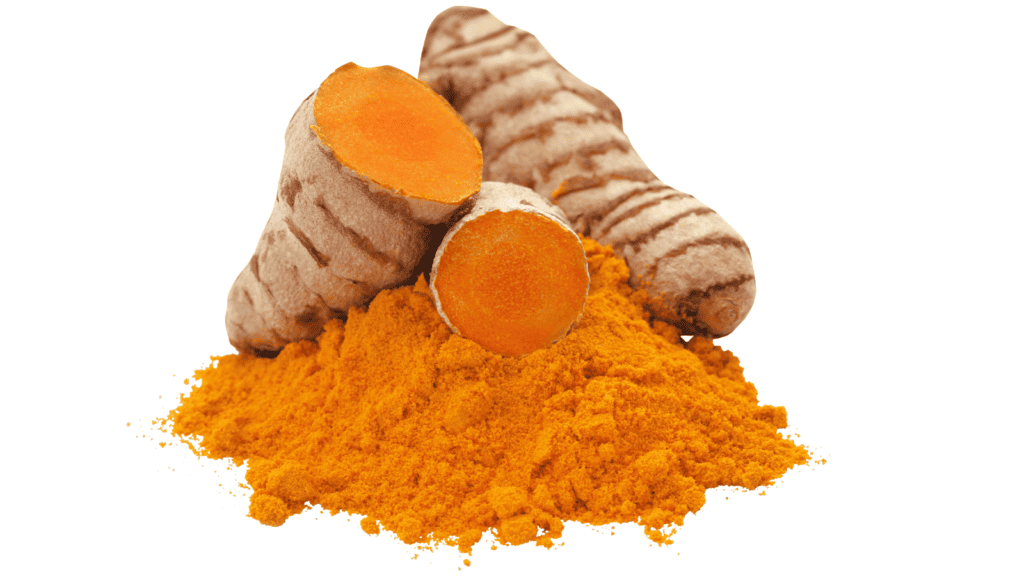
50. Ginger ✅
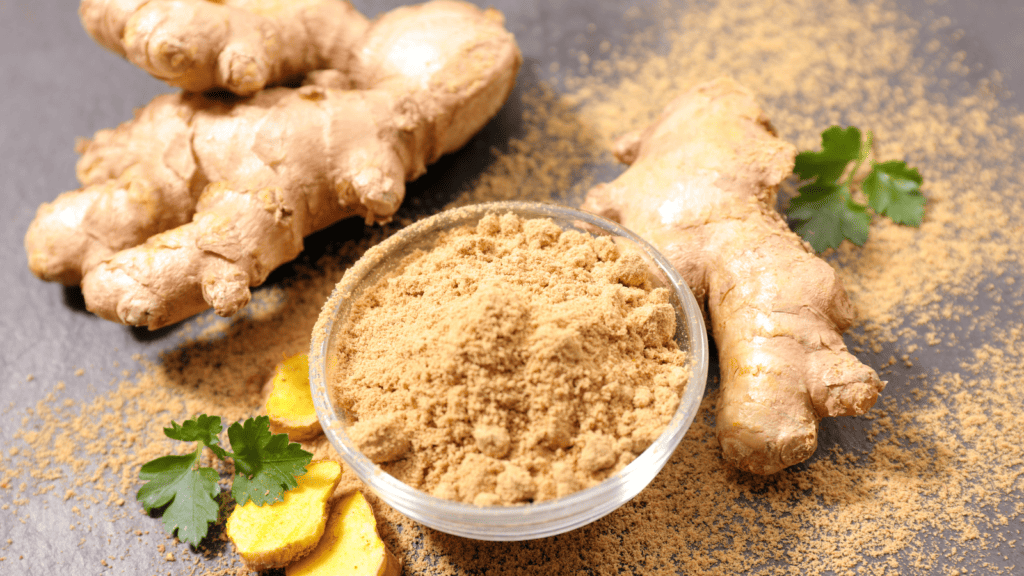
51. Rosemary ✅
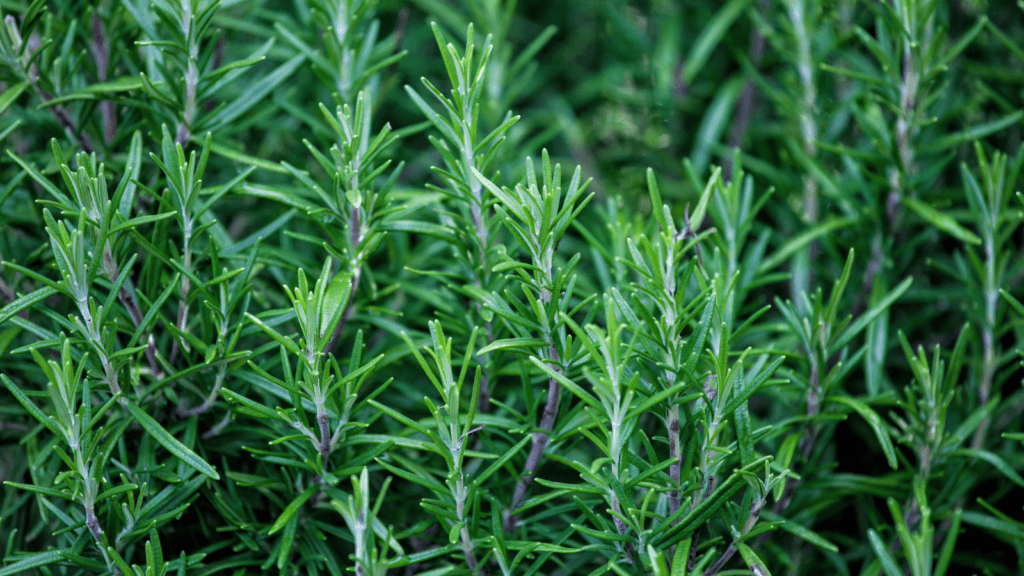
52. Tofu ✅
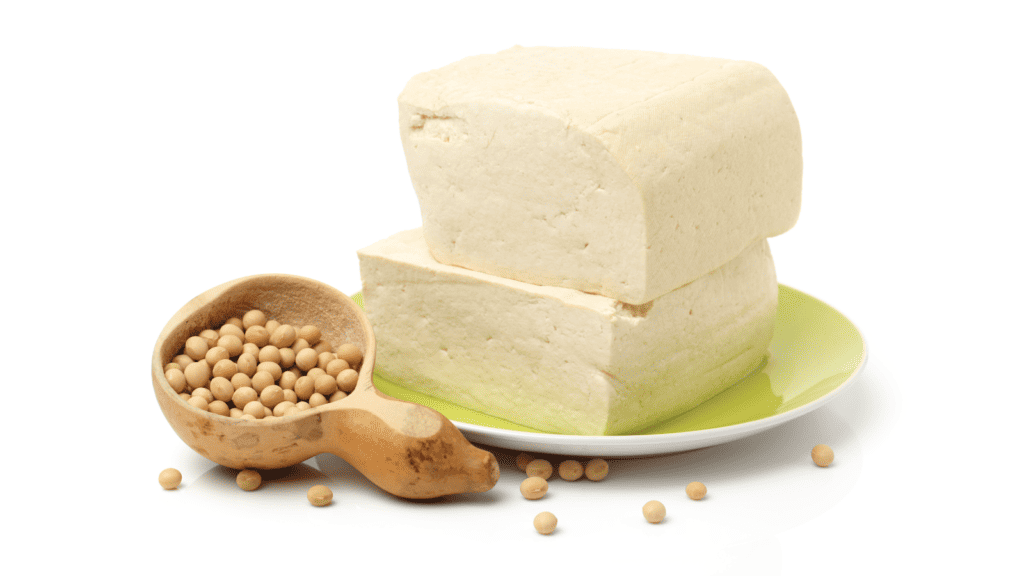
53. Tempeh ✅

54. Shiitake Mushrooms ✅
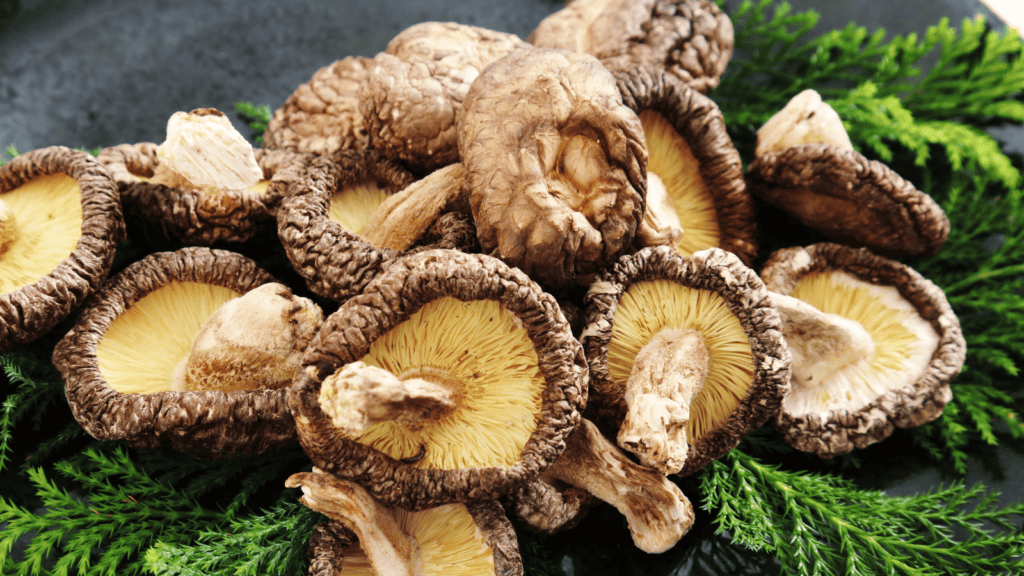
55. Blueberries ✅
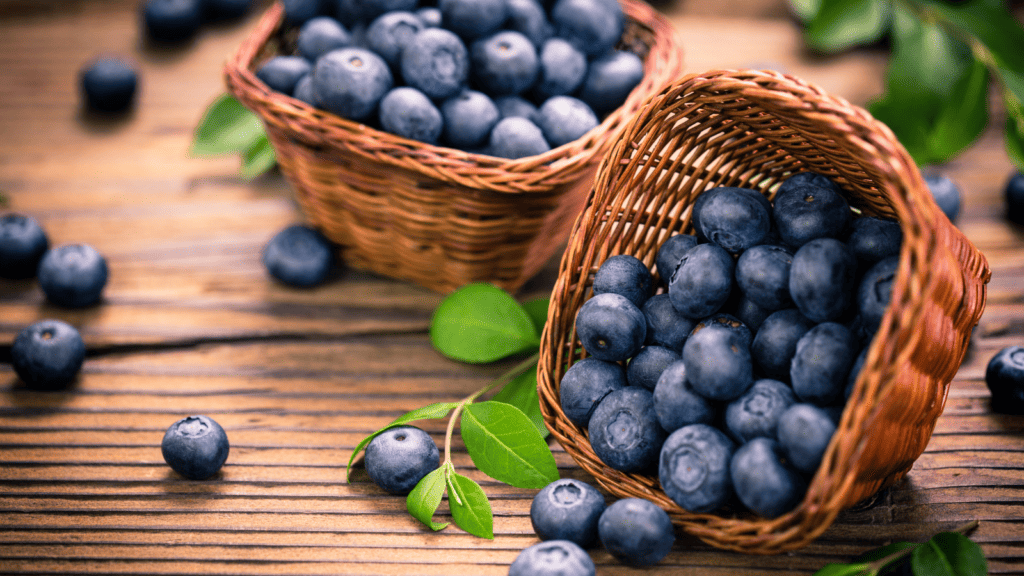
56. Blackberries ✅

57. Raspberries ✅
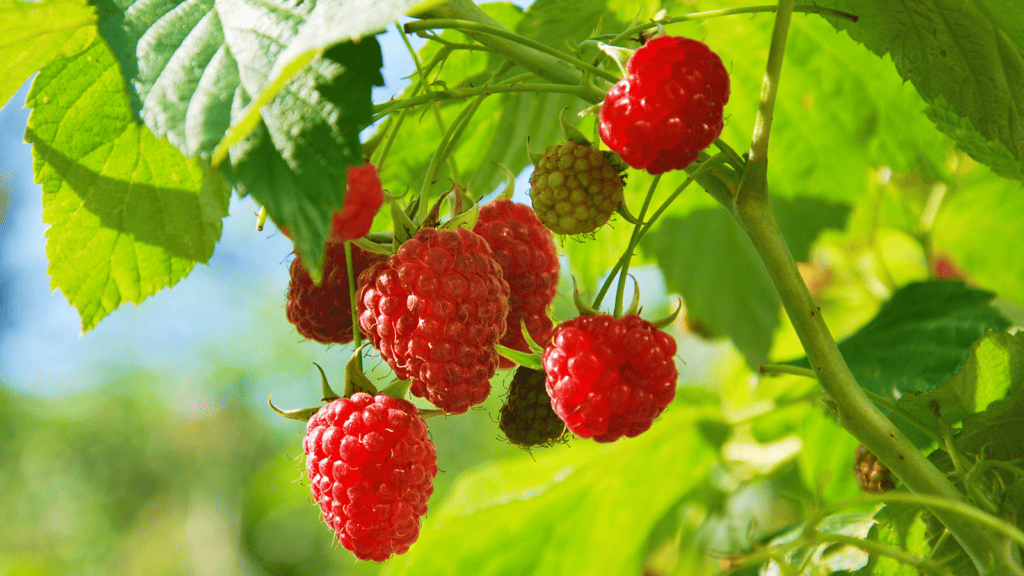
58. Avocado ✅

59. Bilberries ✅
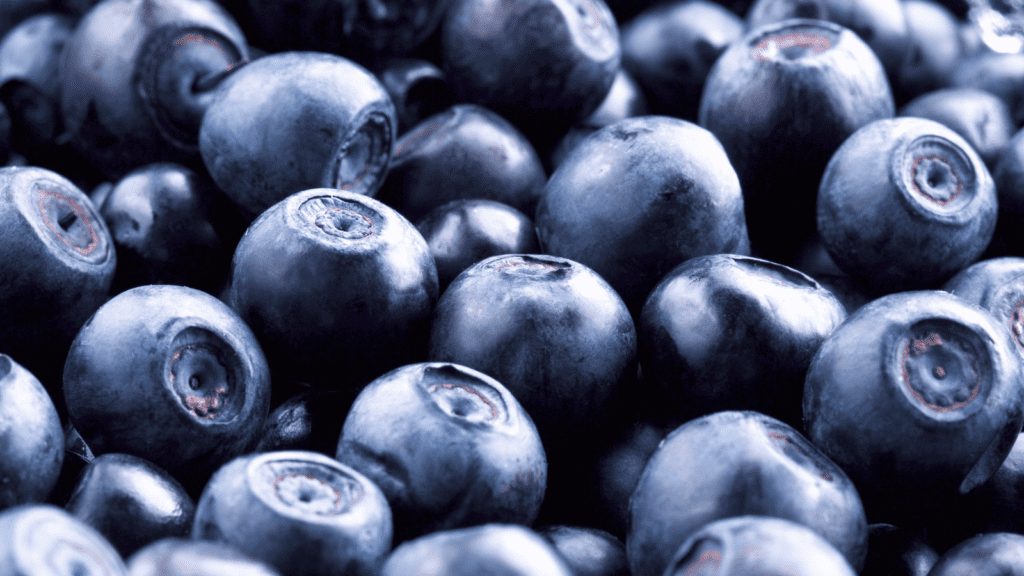
Identifying Causes and Prevalence of Dry Eyes
Dry eyes? You’reYou’relone. A lot of folks deal with this pesky problem. So, what’s what’s your peepers to feel parched?
Common Causes
- Aging – Like fine wine, we all age. But sometimes, it can cause dry eye symptoms.
- Certain medications – Some drugs are a real buzzkill for tear production, contributing to dry eye. Eye care, including supplements and vitamins, can help.
- Environmental factors – Windy weather? Low humidity? They can be party poopers for your eyes.
Globally, dry eye disease is no small fry. It’s estimated that over 340 million people suffer from dry eye syndrome, a condition often linked to vitamin deficiency and tear production issues, despite taking supplements. That’s the entire population of the USA…twice!
Lifestyle Choices
’Your lifestyle choices, like vitamin intake and eye nutrition, can play a huge role in managing symptoms related to eye care, such as dry eye.
- Diet: Ever heard “You a”e what you eat”? Wel”, it applies to dry eyes, too! Foods rich in Omega-3 fatty acids and vitamins may help reduce dry eye inflammation and boost tear production.
So next time you’re with those pesky dry eye symptoms and tear production issues, remember: your eyes include specific vitamins. Understanding the causes and prevalence of dry eye is the first step toward finding relief! The role of vitamin and tear production should not be overlooked.
Omega Fatty Acids: Beneficial for Eye Health
Omega-3 and Omega-6 fatty acids aren’t buzzwords; they’re vitamins that can help combat dry eye and tear deficiencies. They’re the real deal.
The Fat of the Land
Fatty acids are like your eyes’ best friends. Vitamins help reduce oxidative stress and fight off those pesky free radicals that can cause dry eyes. And guess what? You don’t need pills for them! Here’s where you can find these beneficial fats:
- Fatty fish like salmon, mackerel, and tuna
- Flaxseeds
- Walnuts
No need to go overboard, though. A serving or two a week of vitamin-rich food can do wonders for dry eyes!
The Science Behind It
Numerous studies have demonstrated a connection between omega fatty acids and reduced dry eye symptoms, with vitamins playing a crucial role. One study found that people who consumed more foods rich in these fats and vitamins had fewer symptoms of dry eyes.
In short, more omega equals less dryness. So, next time you grocery store, remember this simple equation: fatty fish, oils, flaxseeds, and walnuts are rich in vitamins and may help with dry eye. So, load up on them!
And there you have it – an easy-peasy way to help your peepers stay moist and healthy, combating dry eye with vitamins!
Leafy Greens, Beans, and Eye-friendly Foods
Leafy greens pack a punch! Spinach and kale are good sources of lutein, zeaxanthin, and vitamins beneficial for dry eyes. These antioxidants can give your eyes a health boost.
The Magic of Beans
These vitamin-rich foods are also loaded with zinc that helps keep your eye vision sharp. So next time your eye scans for what to eat, don’t worry about beans.
Eye-friendly foods extend beyond leafy greens and beans:
- Eggs: Not only are they versatile in the kitchen, but eggs also provide our body, specifically our eyes, with lutein and vitamin A.
- Citrus fruits like oranges, lemons, and grapefruits all contain vitamin C, which is known for its antioxidant properties and benefits to the eye.
- Almonds: Just a handful of almonds a day can provide half your daily dose of vitamin E, which is beneficial for your eye health.
Other vegetables like carrots and broccoli, which are beneficial for the eye, are rich in carotene. At the same time, sweet potatoes offer an abundance of vitamin A, which is also suitable for eye health.
Green tea isn’t isn’t-soothing for the soul; it’s for the eyes, too! It contains antioxidants that protect against eye diseases.
Dairy products may not be everyone’s tea, but they have benefits, even for the eye. They’re treated with vitamins A & B2, essential for maintaining eye health.
So there you have it – 59 best dietary health foods that help dry eyes. From leafy greens to dairy products, these certain foods could be just what your peepers need!
Role of Hydration in Preventing Dry Eyes
Tears aren’t aren’t for crying, folks. They’re ready to keep your peepers comfy and healthy. So what’ say? Hydration, my friend.
Stay Hydrated, Keep Tears Flowing
Think of your body as a well-oiled machine. Water is that oil. It keeps things running smoothly. Without it? Things start to dry up, including your eyes.
- Drink water: obvious but essential.
- Herbal teas: tasty and hydrating.
- Infused water: Add fruits or herbs for a flavor boost.
Dehydration isn’t. It’s let’s party where the DJ forgot his equipment – everything goes downhill fast. Same with your eyes – no hydration, no tear production.
So next time you feel parched, remember this little nugget of wisdom – staying hydrated helps prevent dry eyes. Simple as that.
Incorporating Eye Health Foods into the Diet
Eye health is crucial. Your peepers need essential nutrients to function optimally and ward off eye diseases. One way to boost eye health is through diet. Here’sHere’sPractical Tips
- Mix and Match: Add spinach, rich in beta carotene, to your salads or omelets for a quick nutrition boost.
- Snack Smart: Nuts and seeds are packed with essential nutrients promoting eye health. Swap your usual snacks with these.
Simple Recipes
- Carrot Smoothie: Blend carrots, oranges, and ginger. Carrots are full of beta-carotene, which is great for the retina.
- Spinach Salad: Toss spinach leaves with cherry tomatoes and sprinkle flaxseeds.
Consistency is key! Regular consumption can lead to noticeable improvements in dry eye symptoms.
Remember, food isn’t the answer for eye care; regular check-ups with an eye doctor are also important. Supplements might be necessary if you get certain nutrients from your diet alone.
So why wait? Start incorporating these foods into your meals today for better eye comfort tomorrow!
Note: Always consult your doctor before drastically changing your diet or taking supplements.
Wrapping It Up
So, there you have it! Here is a list of 59 top-notch foods to help your peepers stay moist. Dry eyes can be a real pain in the neck, but don’t worry, you! By loading up on omega fatty acids and leafy greens, staying hydrated, and being mindful about your diet, you’re on the road to success.
Remember, it’s not about eating right; it’s about making these foods a regular part of your lifestyle. So go ahead! Take that step towards healthier eyes today. You’ll see yourself later!
Dry eyes are a chronic condition that affects millions of people in the United States. Recent research suggests that diet is essential in maintaining healthy eyes and mitigating age-related damage, such as macular degeneration and the risk of cataracts.
One of the best ways to combat this chronic condition is by consuming the right foods. Whole grains, leafy green vegetables like kale and romaine lettuce, and sunflower seeds are among the best foods for eye health.
They contain essential nutrients that support the maintenance of the tear film layer and improve tear quality and overall eye health.
An omega-3 supplement can be a game-changer for those with chronic dry eye. Eicosapentaenoic acid (EPA) and docosahexaenoic acid (DHA), two primary components of omega-3s, significantly reduce inflammation and ensure the meibomian glands function correctly.
These glands are vital as they produce the oil layer of the tear film.
While many might turn to types of fish as a source of these essential fatty acids, sunflower and vegetable oil offer an excellent alternative for those who aren’t fish eaters.
Artificial tears can temporarily relieve dry eye sufferers but are a band-aid solution. On the other hand, clinical trials have shown that a bad inflammatory diet, high in processed foods and lacking in whole foods like brussel sprouts, can result in worse dry eye symptoms.
This is further exacerbated for those wearing contact lenses for long periods or living in a dry environment.
Interestingly, vitamin D deficiency, common in many parts of the United States, can play a role in worsening dry eye symptoms. This makes it even more essential for individuals to get enough water, at least eight glasses daily, and adopt lifestyle changes promoting a healthy diet.
There is growing evidence of the anti-inflammatory effect of black tea and its role in improving tear secretions. This could be best for those with chronic eye diseases, especially when combined with ascorbic acid (Vitamin C) supplements.
A regular eye exam can guide you on the best treatment options tailored to your condition.
In essence, the surface of the eye, especially the tear ducts, plays an essential role in our vision. For example, not drinking enough water or not getting enough zinc can affect the immune system, leading to blood vessels in the eyes deteriorating and potentially to vision loss.
Thus, to ensure quality of life and to reduce the risk of eye diseases, following a treatment plan focused on a holistic approach—including nutritional supplements, enough tears from a balanced diet, and lifestyle changes—is crucial.
After all, prevention through the right foods and care can be a great alternative to artificial treatments.
FAQ
What are some easy ways to incorporate these eye-friendly foods into my diet?
You can add leafy greens to salads or smoothies, snack on nuts rich in omega fatty acids throughout the day, or include beans in your meals for an extra boost.
Can drinking more water help with dry eyes?
Yes! Staying well-hydrated is crucial for maintaining overall health, including eye health. Drinking plenty of water helps keep your body and eyes hydrated.
Is there a specific diet plan I should follow for dry eyes?
There’s a ‘se-size-fits-all diet plan for dry eyes. The key is incorporating nutrient-rich foods like those mentioned above into your daily routine.
Are there any food items I should avoid if I have dry eyes?
While there’s a definitive list of “bad” and “good” for dry eyes, it may be helpful to limit the intake of alcohol and caffeine as they can cause dehydration, which might aggravate dry eye symptoms.
How long will it take to see improvements in my eye condition after changing my diet?
It varies from person to person depending on their nutritional needs and overall health condition. However, consistency is vital in dietary changes, so stick with it!

Born and raised in a family of foodies, Georgia’s passion for cuisine was nurtured from a young age as she learned the intricacies of flavor and texture from her grandmother’s kitchen. As an adult, this early fascination blossomed into a full-fledged love affair with the culinary world.







